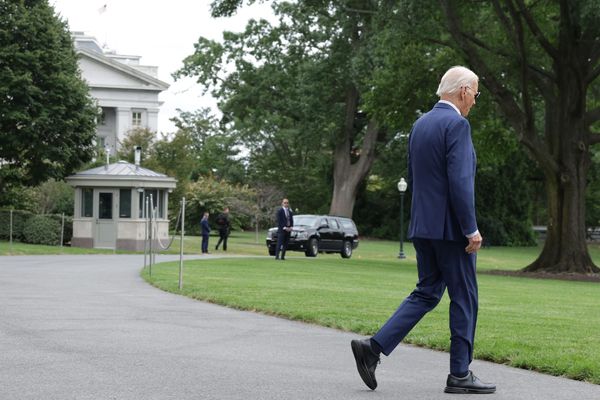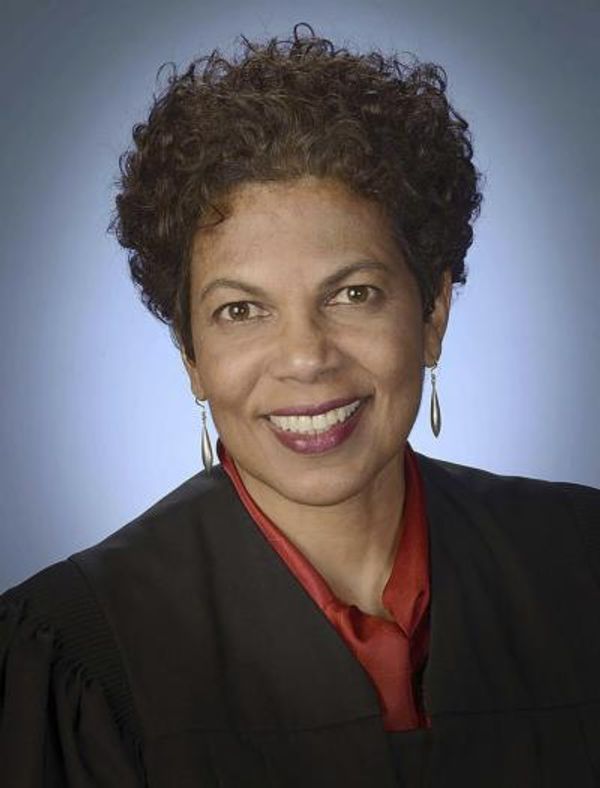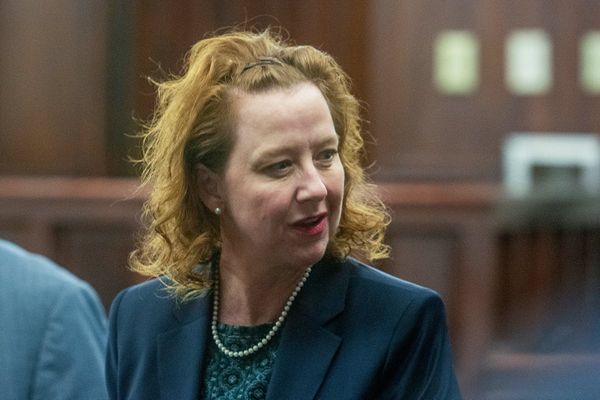
On current polling, Victorian Premier Dan Andrews looks set for an even bigger win on November 26 than his monster 2018 victory. The most recent Morgan poll has Victorian Labor leading the Coalition by 20 points in two-party-preferred (2PP) terms, though that poll also shows a substantially higher independents vote.
But if a 60-40 outcome actually happens, the large number of very marginal Victorian Coalition seats could see the opposition lose 10. That would leave the Coalition with around a dozen seats, and maybe a bigger crossbench than opposition.
Such a fate would be richly deserved. Crikey readers hate it when I criticise Dan Andrews, but the Victorian Liberals are much worse — wholly lacking in competence, integrity or even basic political smarts, a party that abandoned its moderate history in favour of embracing religious fundamentalists and flirting with the conspiracy theorist far right. Even now some of its candidates are calling Andrews a murderer and urging he be “brought to justice”. What next — “lock him up” chants?
It’s a different picture in NSW, where Labor under Chris Minns has emerged as a credible alternative to the Coalition and now looks odds-on to win next March. Although, as in Victoria, the performance of independents is a major question, and one that could determine if Labor governs in its own right.
The states are at different points in their political cycles — Andrews’ is a two-term government, while Dominic Perrottet is seeking a fourth term for the Coalition. But NSW Labor was competitive at the 2019 election and picked up seats, while the NSW Nationals lost seats to crossbenchers, paving the way for what would eventually become a minority Coalition government.
In Victoria, the Liberals aren’t unelectable after two terms, and it’s not clear what their path back to credibility is in a third unless Andrews and his successor implode spectacularly.
What makes the failure of the Victorian Liberals far worse is that they started in opposition in relatively good shape — Denis Napthine’s 2014 loss was hardly a landslide. NSW Labor, in contrast, was obliterated in the 2011 election, reduced to just 20 seats, a richly deserved fate for a party that had become synonymous with corruption and dysfunction.
The other big contrast is in talent — Labor under Minns has a solid frontbench, with a strong opposition treasurer in Daniel Mookhey, veteran Penny Sharpe in the Legislative Council, and former leader Michael Daley as opposition attorney-general. The Victorian Liberals — well, where to start? Literally?
Despite numerous scandals during its time in opposition, NSW Labor’s formal structures have been retained and continued to function. The kind of open factional warfare that dogged the NSW Liberals and inflicted so much damage ahead of the federal election has been kept to a minimum. The Victorian Liberals’ internal structures, in contrast, have proven dysfunctional: entryism by Christian fundamentalists has been rife, along with branch-stacking, angry disputes with one of the party’s fundraising arms, and staffing scandals.
And unlike in NSW, where Labor has proven highly effective at holding the government accountable, the Victorian opposition, handed scandal after scandal by the Andrews government, has proven hopeless. The media — particularly on revelations about branch-stacking and the misconduct at Crown — has been the only effective opposition to Andrews.
The result is that the current government — one that should have been placed under huge pressure over its handling of the pandemic, the misuse of public funds by ministers and employment of taxpayer-funded electorate staff on political matters, and its overly close relationship with a major gambling company — is likely to increase an already massive majority. Like governments, oppositions have core functions. They get the hard, unglamorous and often unrewarding work of subjecting those in office to scrutiny. And the Victorian Liberals have comprehensively failed to do that, and in doing so have let down Victorians.
As the Andrews government ages in its third term and, like all ageing governments, grows more arrogant and complacent (see the John Barilaro scandal in NSW for a classic case), who’ll hold it to account? Not the smoking ruins of a once-successful political party.







